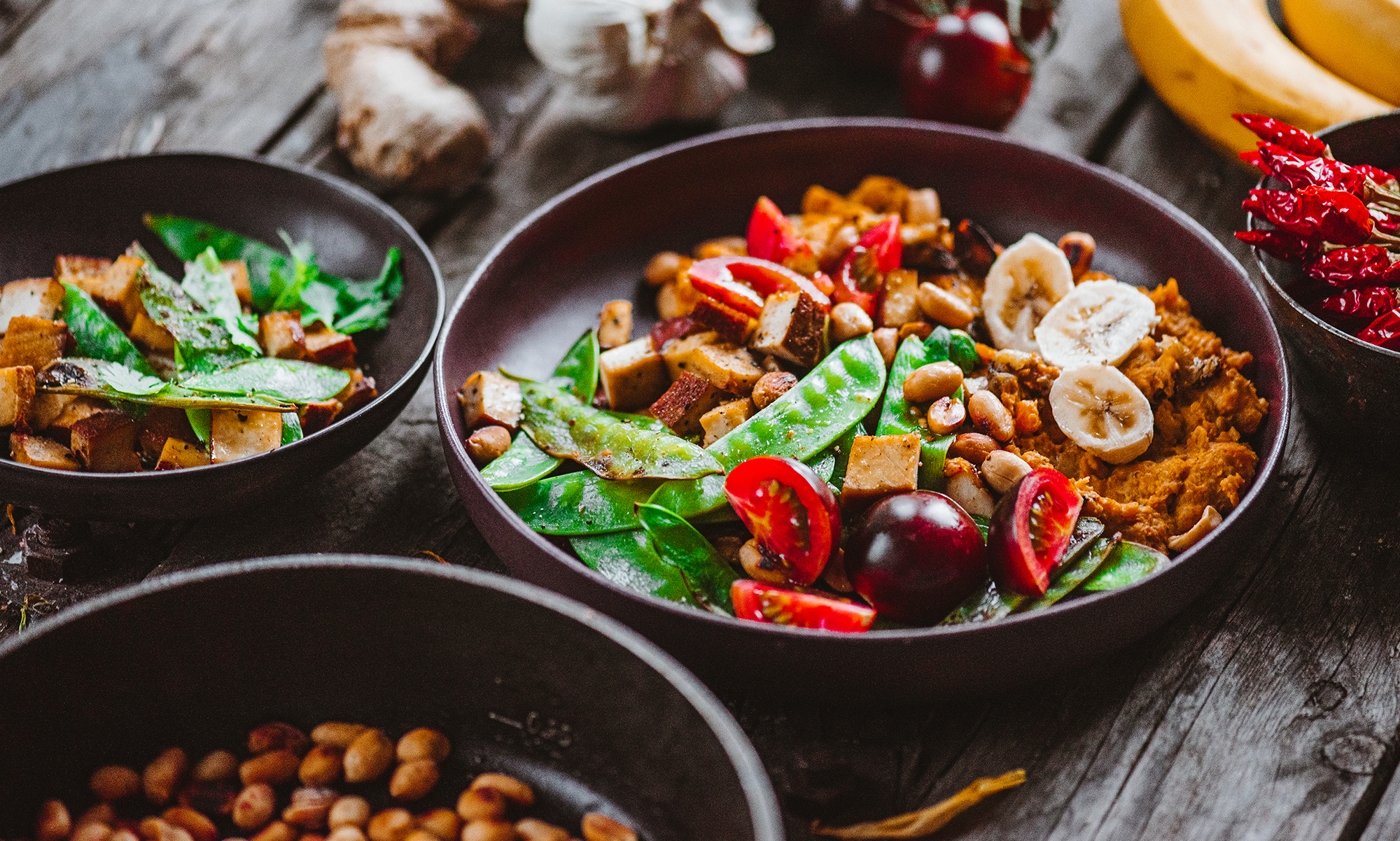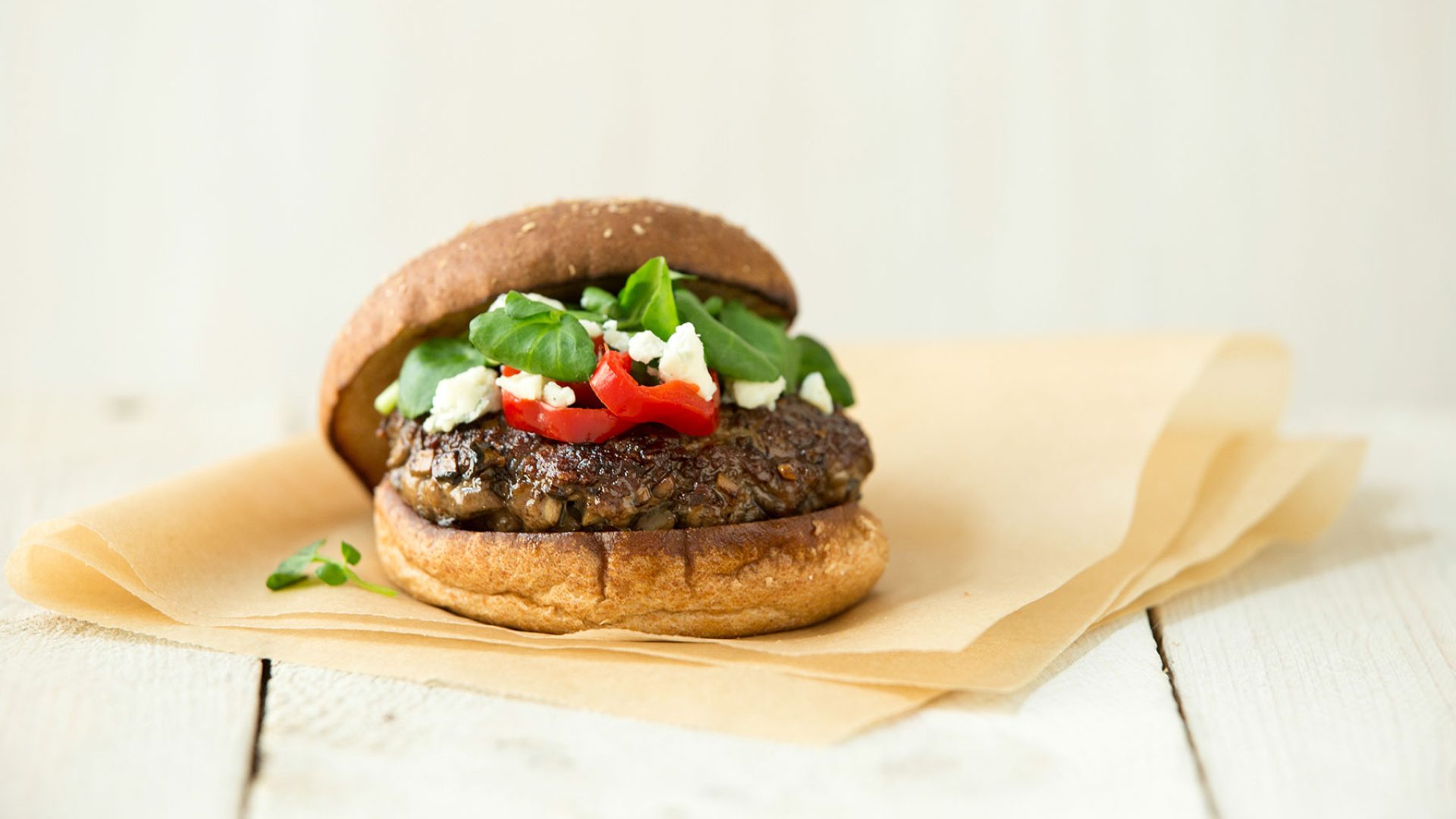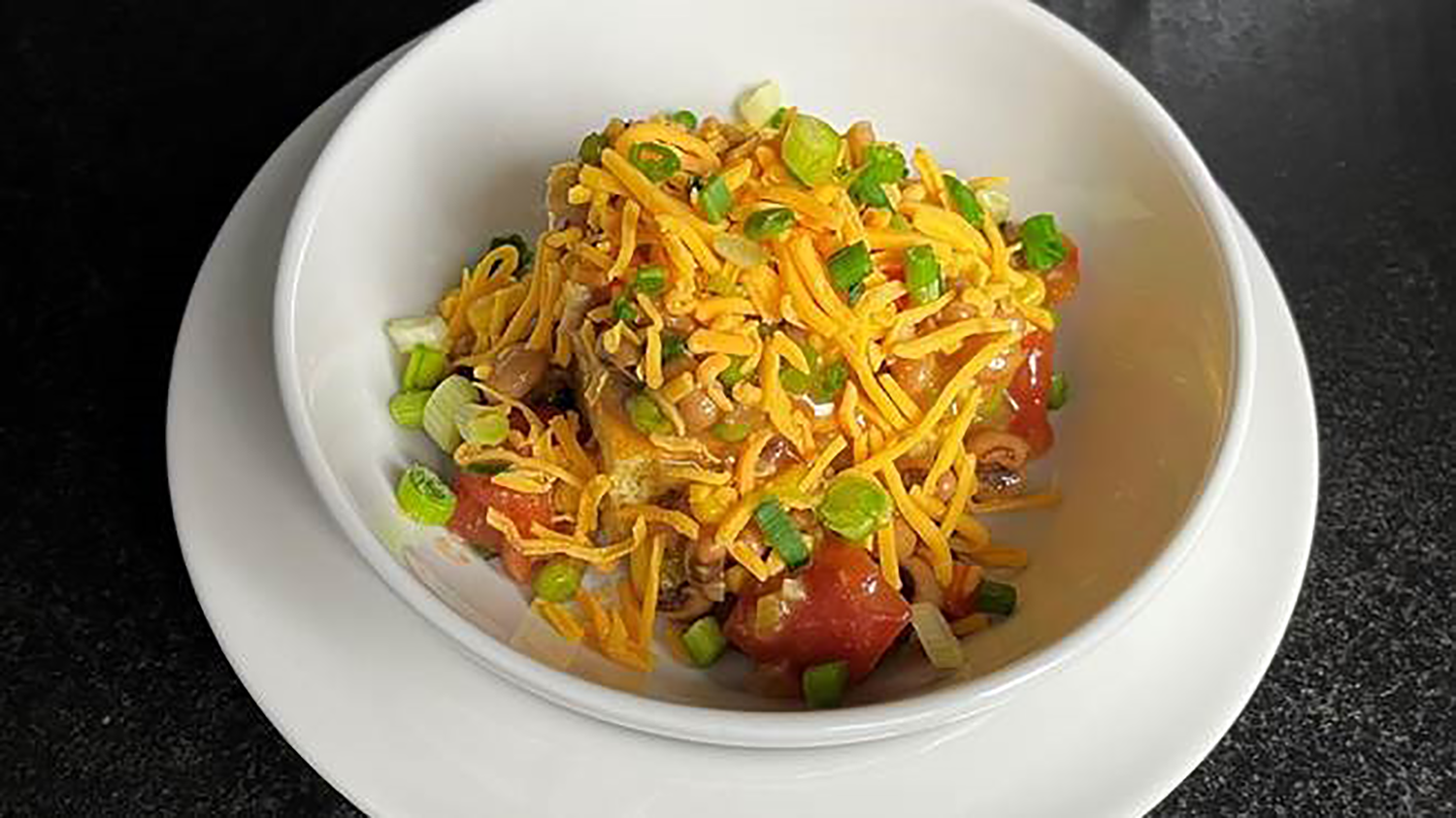Driving a plant-forward culture in large food service operations, a Sodexo Case Study
In 2016, the sustainable food ecosystem was emerging. Impossible Burger started selling its first burgers that summer, and in November, the Paris Climate Agreement came into force for its 195 signatories. At this point, the idea of dramatically reducing greenhouse gas emissions by shifting diets was more a concept than an actionable plan. It was also in 2016 that World Resources Institute started a small working group called the Better Buying Lab to bring together food industry leaders and researchers to identify tangible ways to help people eat more sustainable foods.
The Better Buying Lab was the precursor to the Coolfood community and forged the way for its ever-expanding work on sustainable diets. Sodexo was one of the first collaborators who jumped into the new initiative with research concepts and ideas to help drive the food service industry forward.
Changes must happen in our food system to reach the Paris climate agreement targets. Sodexo was one of the first companies Coolfood began working with. It now serves as an example of the massive impact small changes can make when one of the largest food service providers commit to emissions targets, measure their progress, and set examples for industry peers.
Coolfood wants every food service provider to take up a plant-forward action plan, but we are committed to helping support large and complex institutions, like Sodexo; plan, implement, measure, and report changes to their operations. Sodexo serves 80 million meals daily in 45 countries; through its size, Sodexo has a key role to play, and is ready to do it. To be the global leader in sustainable food and valued experiences, Sodexo recognizes the imperative of collaborative efforts within the sector and has collaborated closely with Coolfood.
In companies, institutions, and cities that operate at this scale, even minor tweaks have the potential for enormous greenhouse emissions reductions. Regardless of where an organization is on its sustainable food journey, Coolfood will work with it to optimize its potential impact. Below are four impactful ways Sodexo has worked to make progress on their greenhouse gas emissions that you also can do to decrease your emissions.
1. Public Commitments and Movement Building
In 2019, Sodexo announced that it would set scope 1 and 2 reduction targets and introduce 200 plant-based recipes. Prior to that announcement, Sodexo experts were working with WRI, Coolfood, and other partners to set the foundations for its transition. Sodexo set its initial targets to align with the Paris Climate Agreement, reducing their emissions by 34% by 2025 based on their baseline year 2017. This year, they hit their Scope 1 and 2 emissions but continue adapting, pushing their targets even further.

Sodexo’s progress has sometimes been nonlinear, and they are transparent about that in their public reporting. This transparency is something Coolfood is also committed to in our own data sharing. It serves as an internal accountability tool and a valuable mechanism for helping build a plant-forward movement. Their public goal-setting and reporting help to create a leadership atmosphere to encourage others to make strategic shifts in their operations.
2. Leveraging Strategic Partnerships
In 2016, Sodexo partnered with the Mushroom Council to launch a blended burger that was rolled out to K-12 dining halls across the U.S. as part of a more extensive campaign to increase the amount of healthy foods kids in Sodexo-catered schools consumed. Sodexo recognized that, by delivering these at scale, these blended burgers could also significantly reduce the carbon impact of their burger offerings. They continued building off this work in partnership with WRI, testing a range of new names to optimize the potential of this new product.

This work with WRI led to the development of the “Natural Burger” rolled out within Sodexo’s Mindful menu line, and the lessons learned from that research created valuable lessons on naming and behavior change for other food service providers in the Coolfood community.
3. Ongoing Training and Engagement with Staff
Shifting the dominant corporate food culture to have sustainability as a core principle of operations takes knowledge and skills building at all levels of an institution. Coolfood has worked with Sodexo to integrate our research into the training and support colleagues receive. Sodexo has leveraged key learnings from Coolfood to improve its standard operating procedures. Creating these moments for chefs and food industry staff to engage with WRI staff directly helps build trust and create opportunities for both sides to learn from each other and think about how they can each grow a sustainable food movement in a way that’s authentic to their institutional culture.
Below is an overview of some of the primary training with Coolfood and Sodexo:
2018
- Coolfood delivered language workshop to food platform and marketing functions to Sodexo U.K. and Ireland
2019
- Sodexo co-hosted Coolfood’s launch event of their Behavior Science Playbook
2022
- Over 2,000 senior Sodexo chefs completed chef training, including Coolfood content and guidance on sustainable diets.
- Cooolfood briefed 200 senior food leaders on menu language resources to boost the uptake of low carbon entrees.
2023
- 250+ colleagues across Sodexo’s culinary, marketing, and sustainability leadership attended Coolfood training on the top behavior science principles. Sodexo also integrated Coolfood’s Playbook findings into their Culinary Principles for Nutrition, Health, and Wellness.
“The awareness and engagement of all our stakeholders is key to succeed in this sustainable eating transition. To be the global leader in sustainable food and valued experiences and to raise awareness about it, we recognize the imperative of collaborative efforts. The collaboration with Coolfood allows us to improve our plant-forward training modules. Incorporate Coolfood insights into our naming guidance is the first step of this fruitful collaboration.” – Lloyd Mann, Executive Chef Sodexo
4. Creating Impact with Coolfood’s Behavior Science Research
Building on the language work to name the new blended burger offered within the Mindful range, Sodexo decided to integrate the Behavior Science Playbook’s insights more formally. From 2020 onwards, Sodexo combined Coolfood’s behavior science playbook elements into its global in-house Menu Language Toolkit used by chefs and operational staff. Findings from the research were very positive, showing a 109% increase in consumers’ likelihood of purchasing plant-based dishes when using Coolfood’s proposed descriptive names, like Sweet and Smoky Tacos. These types of descriptions emphasize the tastiness versus the fact that the meal is plant-based.

NYC H+H Plant Based Dish: Southern Black-eye Pea Casserole with Plant Based Corn Bread topped with Plant Based Shredded Cheese
These language toolkits are put into action across their operations, highlighting more or Sodexo’s collaborative work. For example, New York City, has seen a 24% drop in per-plate emissions. These large shifts were possible because of collaboration between NYC’s leadership and food service providers, like Sodexo, integrating Coolfood’s behavior science research into operations.
What’s Next?
Sodexo has continued to be a part of Coolfood’s community. Sodexo’s Science-based commitments to reduce its carbon emissions have been validated by SBTI and its methodology is aligned with Coolfood. They have made commendable progress and helped build interesting learnings for the food industry. Through Coolfood’s community Sodexo will engage the broader food industry further and share their lessons learned and best practices with the community to ensure they bring others along with them in the wake of their success.
Ready to learn how to create a path to greenhouse gas reductions in your business?
Contact coolfood@wri.org
